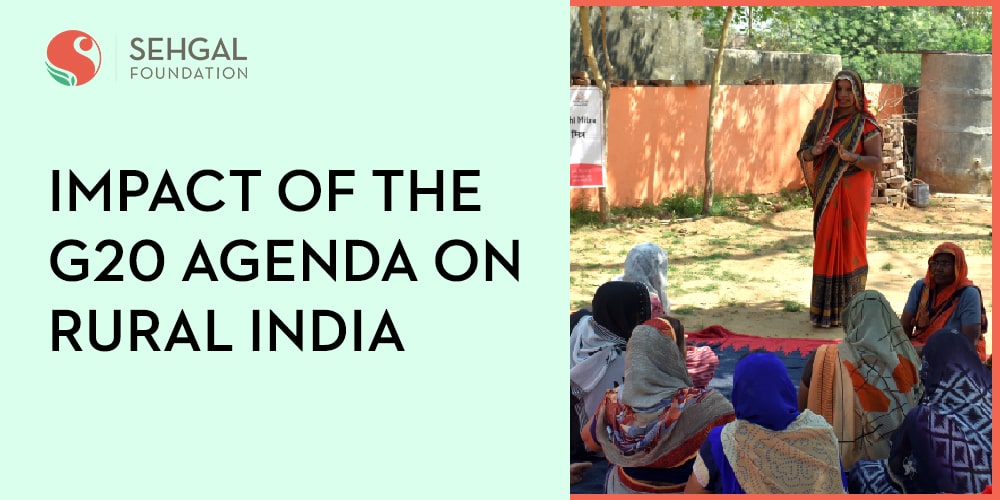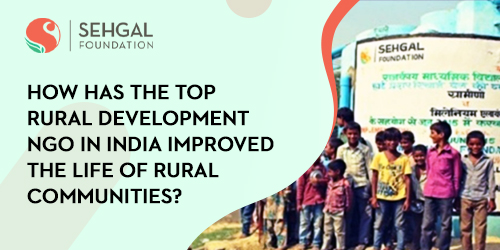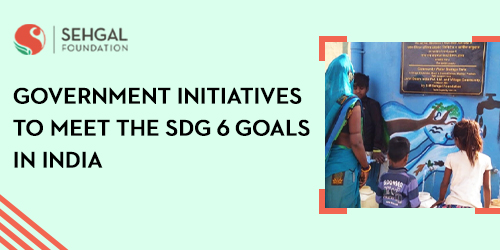Related Blogs/ News
-
Impact of The G20 Agenda on Rural India
The G20 (Group of Twenty) is a global platform of nineteen countries alongside the European Union. The collective economic strength of its members accounts for approximately 80% of the world’s economic output while encompassing two thirds of the global population.
Read More -
How Has The Top Rural Development NGO In India Improved The Life Of Rural Communities
Everyone deserves a life filled with security, prosperity, and respect. The best NGO in India, S M Sehgal Foundation, is committed to achieving this vision by empowering rural communities in India. Since 1999, the foundation has worked tirelessly to improve people’s lives in rural areas.
Read More -
Government Initiatives To Meet The SDG 6 Goals In India
SDG 6, which focuses on inclusive access to clean water and sanitation, holds immense significance due to its close association with various aspects. It directly impacts health by addressing water-borne infections and hygiene-related diseases,..
Read More






 Contact us
Contact us  Sign up for
Sign up for